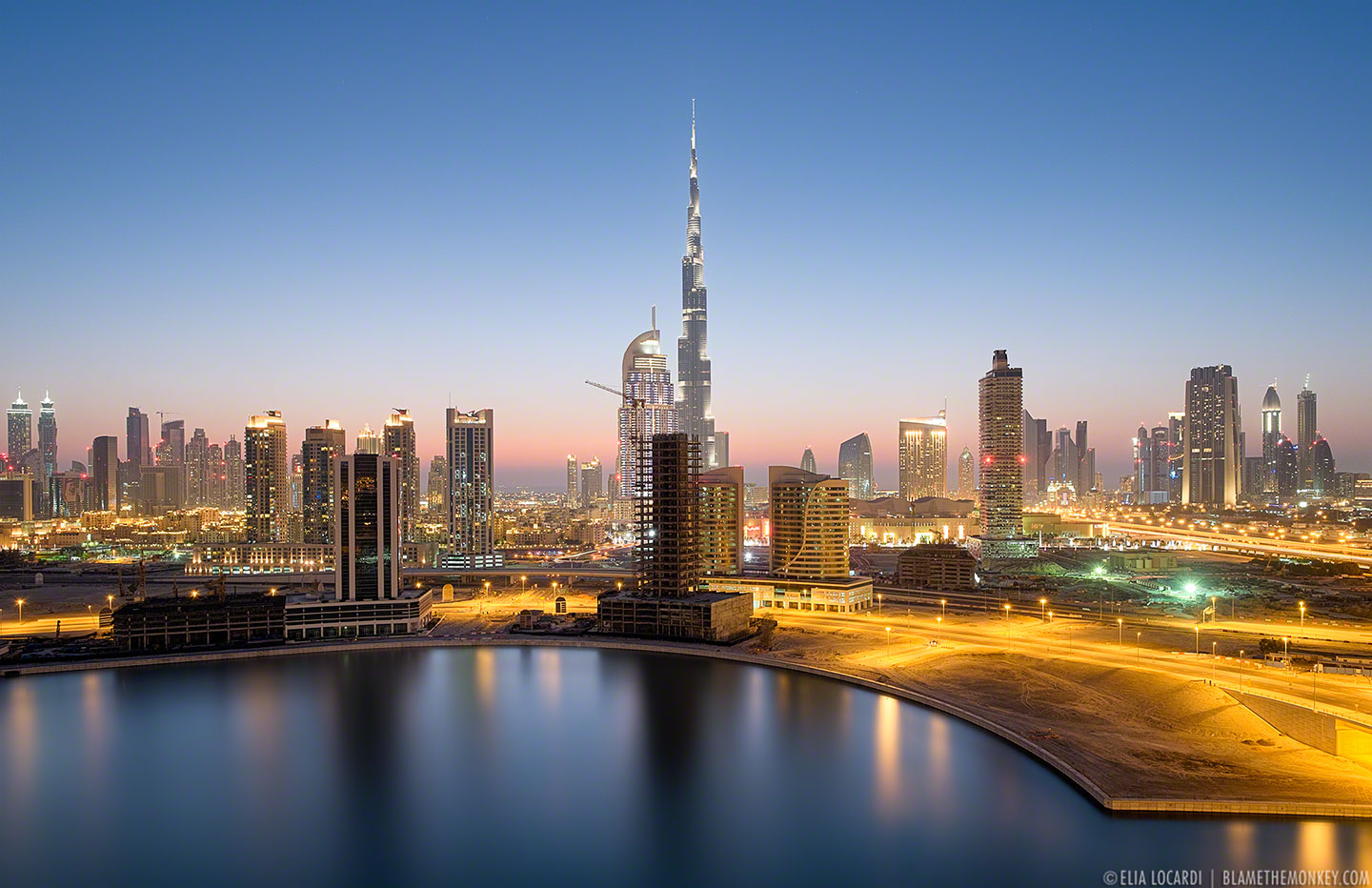Nigeria’s vice cops are feeling squeezed
ALTHOUGH IT IS guarded by high walls and a thick metal door, a nightclub in Kano hardly bothers to conceal its existence. Disco lights flash out on the surrounding streets. Pop music is pumped carelessly into the night air. Young men and women sip beer and sway to the rhythm, seemingly unconcerned that, under Islamic law, such depravity is punishable by whipping.
Between 1999 and 2002 a dozen states in Nigeria’s mostly Muslim north, including Kano state (the capital of which is also called Kano), adopted penal codes based on sharia. At first these states strove zealously to enforce the new rules. Many recruited religious police forces, called the Hisbah, to confiscate alcohol and arrest adulterers (who are occasionally sentenced to death by stoning, but are never actually stoned) to ensure that citizens did not sin. Many northern politicians, while eager to appear pious, are not really committed to stamping out booze and fornication, perhaps because so many voters want to be left to their own vices. When budgets are tight, they find they don’t need so many morality police. “The government is not serious about sharia,” grumbles a cleric.
Kano is still socially conservative, but residents say it feels less stifling than it was. In Sabon Gari, a neighbourhood full of Christian migrants from Nigeria’...























